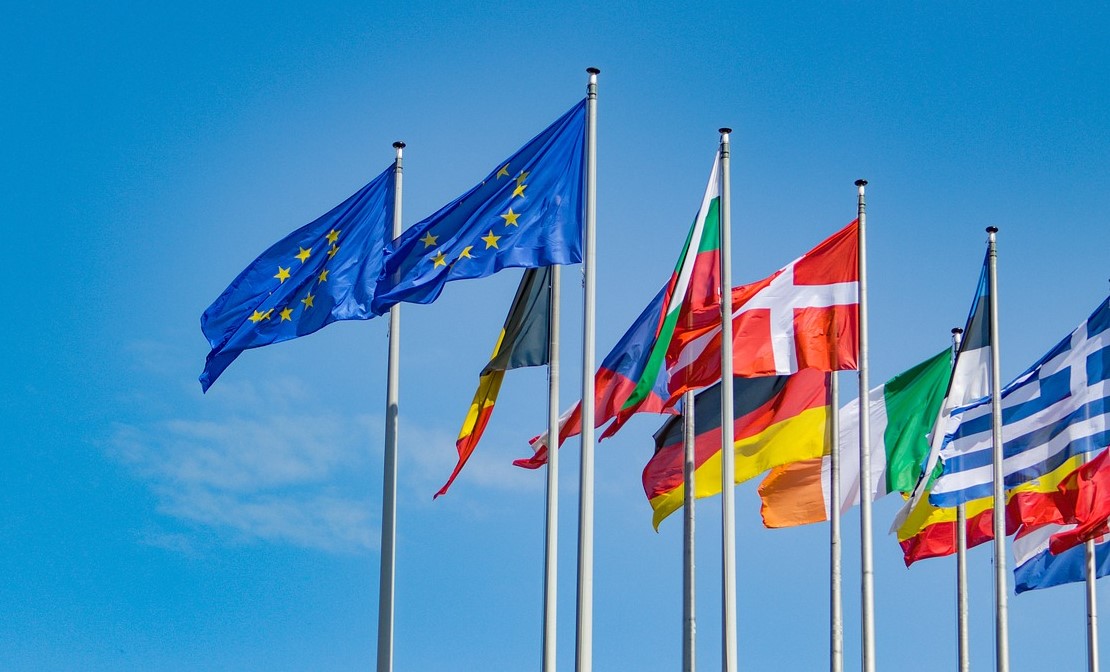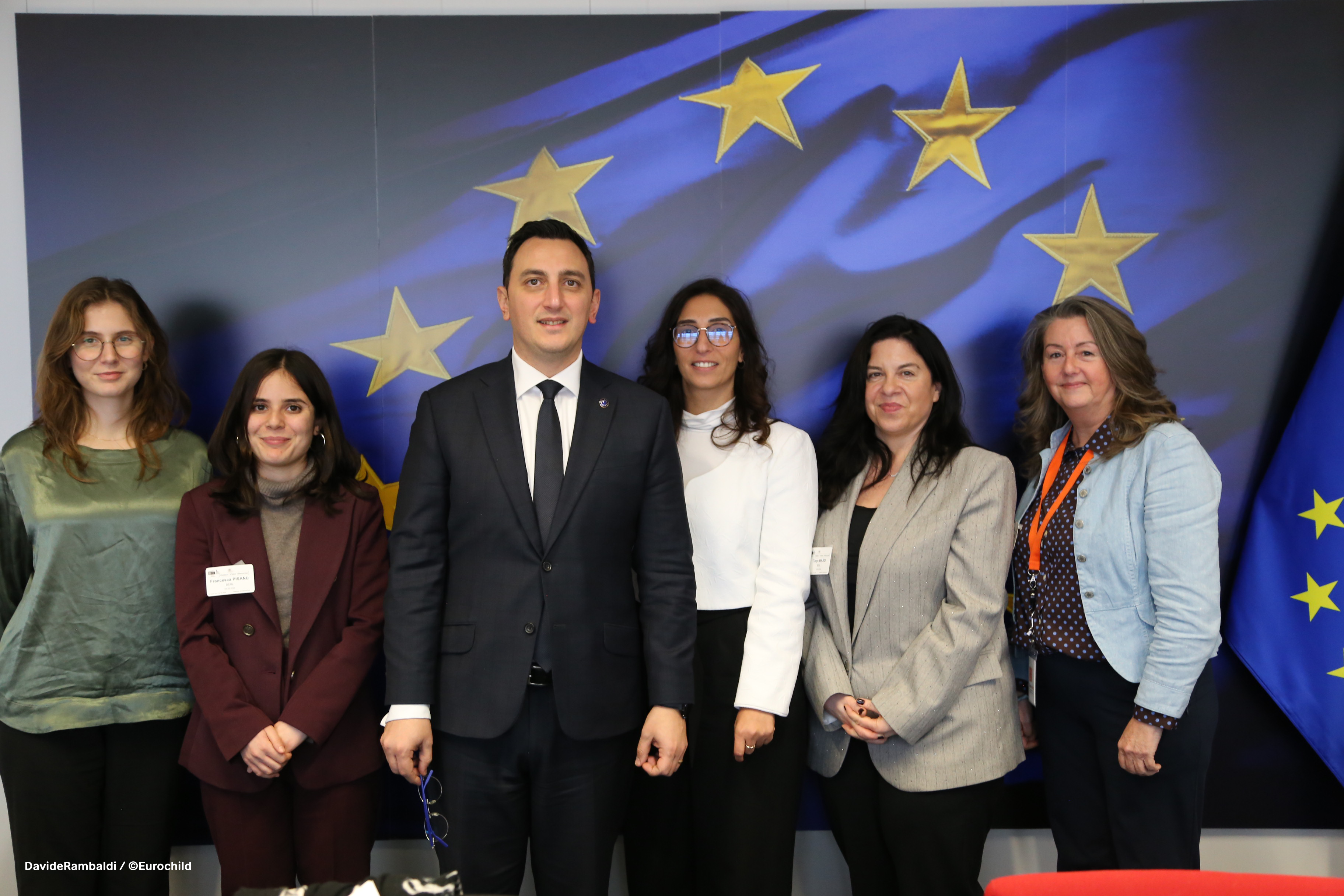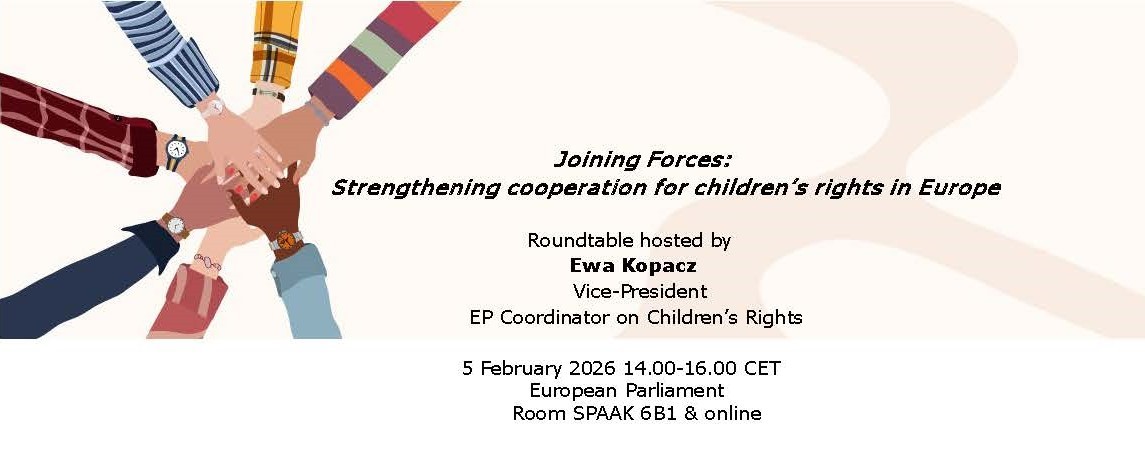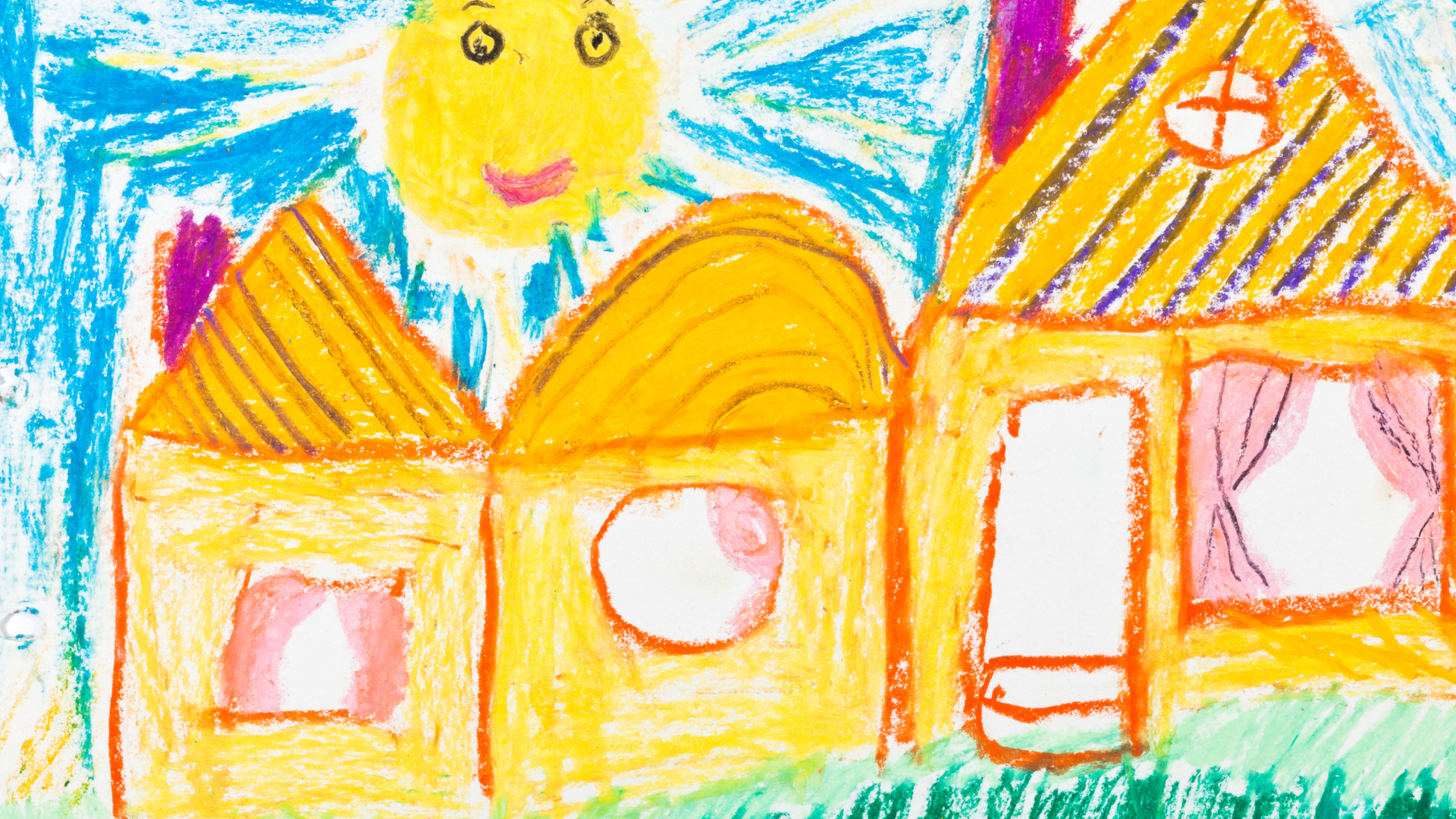EU Council Presidencies and their impact on children
We welcome Spain, Belgium, and Hungary, as the current EU trio, pledging to collaborate to address the needs of the most vulnerable populations including children affected by multi-crises. This aligns with the EU's commitment to social justice and inclusivity.
The Spanish Presidency
The emphasis on children's rights within the Spanish Presidency agenda, from 1 July to 31 December 2023, is particularly noteworthy. The events focusing on civil society participation, child participation and child guarantee stood out among others.
Eurochild’s president Marie-Louise Coleiro Preca presented the importance of child rights civil society in a side event to the Social Affairs Council meeting titled ‘The Third Sector as a Pillar of Democracy in Europe: Towards a European Strategy for Civil Dialogue’ (July 2023 in Madrid).
The European Child Participation Meeting (September 2023 in Alcalá de Henares), was a significant event worth mentioning amidst a busy agenda. This meeting provided a valuable platform for directly involving children, discussing and promoting their active involvement in decision-making processes at various levels.
Eurochild and its member Plataforma de Infancia hold a parallel event to the European Presidency Child Guarantee Coordinators Meeting (November 2023 in Valencia) to reinforce European commitments and public policies for children in need. Eurochild participated in the discussions on the EU Child Guarantee initiative in the official event as well as in the parallel sessions which focused on early childhood, child poverty and EU elections. Eurochild members from about 20 different countries met with EU institutions and national governments and with the Child Guarantee National Coordinators.
In addition to this, the Spanish Presidency has intended to develop further the proposal for a Regulation of the European Parliament and of the Council establishing rules to prevent and combat child sexual abuse. Spain had played a key role in steering the debate on this regulation however a consensus on the new legislation has not been reached within the Spanish Presidency. The Belgian presidency has taken over the file and is working to find an agreement within the Council moving forward.
The collaboration between the Spanish Presidency, namely the Ministry of Social Rights and Agenda 2030, and civil society organizations like Plataforma de Infancia and the Eurochild network demonstrates the importance of partnerships in driving progress. By working together, stakeholders can leverage their resources, expertise, and influence to make a meaningful impact. This success serves as a positive precedent for future Presidencies within the European Union.
The Belgian Presidency
For the 13th time, this semester Belgium is taking the leadership of the Council of the European Union, to steer the common European project, under the slogan “Protect, Strengthen, Prepare”. From the 1 January until the 30 June 2024, the Belgium government is promising to work for future generations, for their well-being, for prosperity, and for freedom, amid a universally understood period of adversity. To deliver this enterprising agenda, Belgium has identified 6 key priorities: defending the rule of law, democracy, and unity, strengthening EU’s competitiveness, pursuing a green and just transition, reinforcing the social and health agenda, protecting people and borders and promoting a global Europe, will be given precedence in the coming semester.
For children’s rights and well-being, the Presidency will evaluate and update the European and international policy agenda on children, youth and children’s rights. It also plans to take forward the work on preventing and combatting child sexual abuse, and to push for the implementation of the European Child Guarantee. The Presidency will be focusing on access to health for all. Similarly, aligned with Spanish Presidency, it plans on strengthening the social dimension of the European Semester, to ensure it can monitor and rectify social imbalances.
A portion of these measures will be accentuated through events, including those in which Eurochild and its members will actively participate, showcasing their expertise. Among others, Eurochild already took part in the Expert seminar on European and International policy agendas on children youth affairs and children’s rights (January 2024 in Leuven) which should lead to the adoption of a Council Recommendation on Children’s Rights. Following the Presidency's interest in promoting access to health, EuroHealthNet organized a Schools4Health seminar under the auspice of the Presidency, to which Eurochild contributed. Eurochild also welcomes the European Child Guarantee conference, in early May in Brussels, as an opportunity to exchange and discuss its implementation on national level.
Eurochild members have also been involved in shaping the agenda of the Belgian Presidency and in participating in discussions. Our member Dynamics of Youth Strategic Programme of Utrecht University will engage in the European Social Work conference, on the 25-26 April in Bruges.
Eurochild welcomes the strong social agenda advocated by the Belgian Presidency, along with its commitment to collaborate with civil society organisations. Its initiative on the Social Convergence Framework within the European Semester is especially welcomed, as Eurochild has previously drawn attention to its inadequacy to account for children’s needs.
The unfolding six months will reveal the extent to which Belgium has fulfilled its undertakings – knowing that, with the European Parliament election ahead, Belgium has a shorter timeframe to make the most of its term.
What’s next?
Hungary is in line to assume the next Presidency, as a child rights network we would like to offer our capacity and expertise to support children’s rights and address the needs of the most vulnerable children during its mandate.





